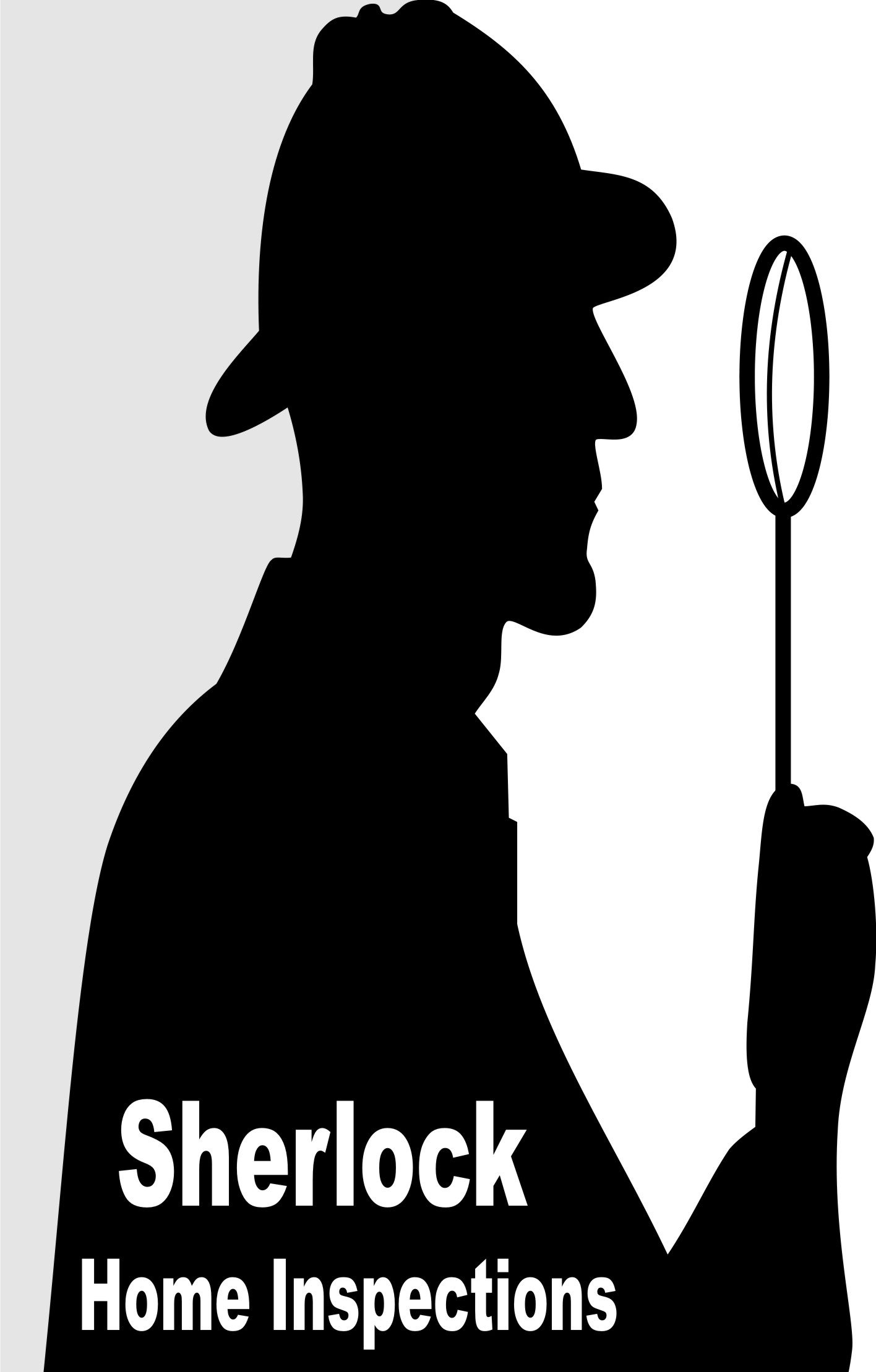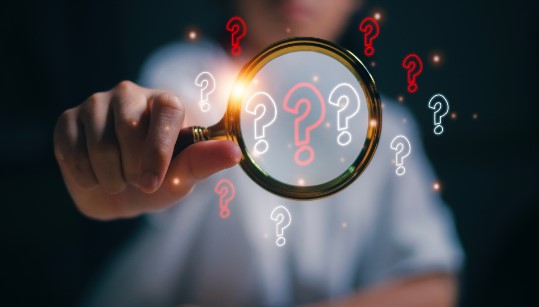
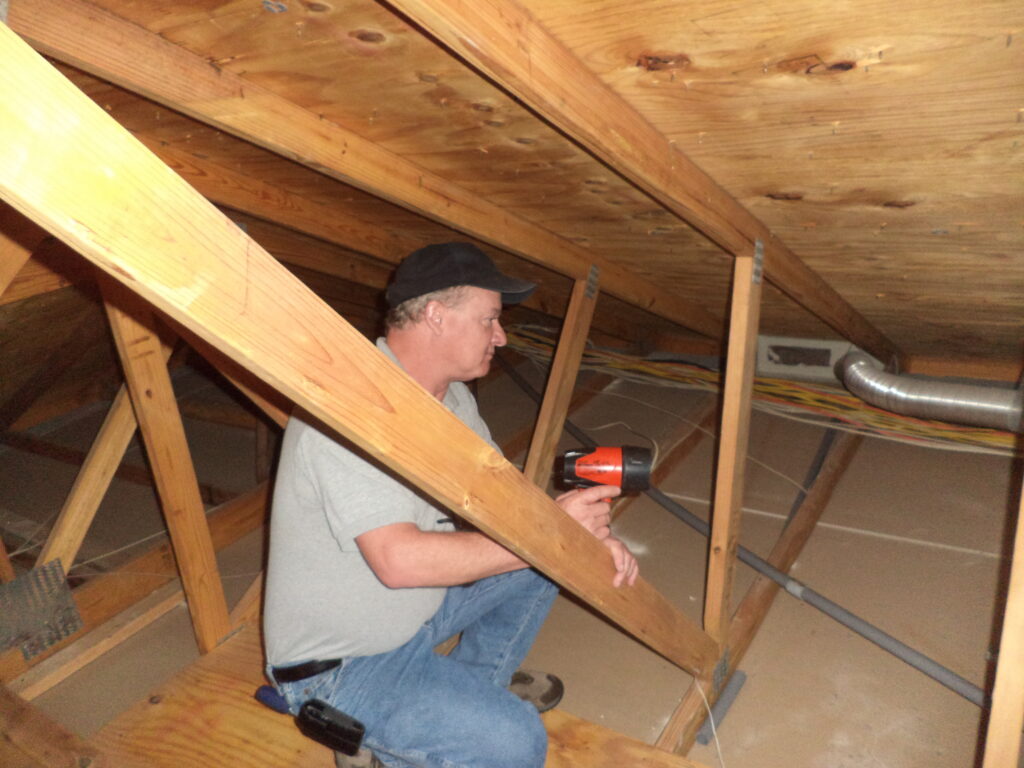
WHO is the best Home Inspector near me?
Definitely NOT the new guy!
If a friend of a friend or your second cousin just got his Home Inspector’s License, KEEP LOOKING!
Everyone has to start somewhere, but some of the questions we see from new Home Inspectors are downright SCARY!
Social Media Groups, Industry forums & message boards, etc., are FULL of questions from newly Licensed Home Inspectors, that makes one wonder about their background and training. Sometimes the questions are such that anyone with common sense, basic mechanical reasoning, or even a simple understanding of the English language should be able to answer.
At Sherlock Home Inspections, ALL Home Inspectors have adequate experience including time in the trades, extensive training, certifications from the International Association of Certified Home Inspectors (InterNACHI), time on the job, and company-exclusive continuing education above and beyond both state licensing and InterNACHI requirements.
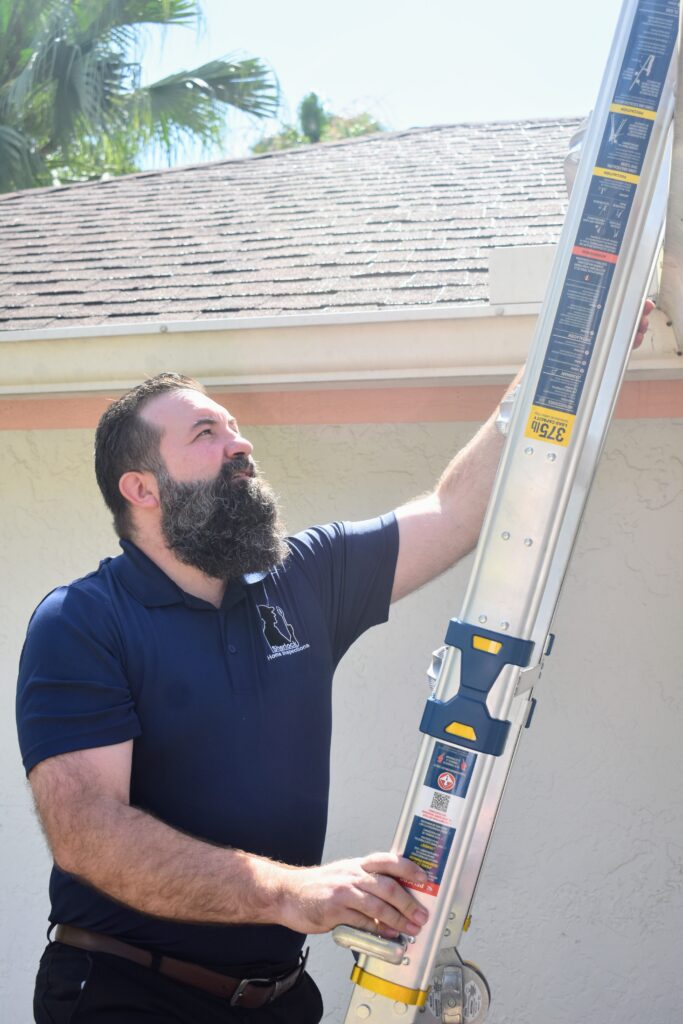
WHAT do Home Inspectors look for?
Most Inspectors use ladders and flash lights to look at the Structure, Roof, Electric, Plumbing, & Air Conditioning.
At Sherlock Home Inspections, we inspect several areas of the home that many inspectors do not.
Site Grounds & Grading Roofing Components Electrical Systems & Components
Lot Area Soffit & Fascia Heating & Cooling System
Foundation Gutters & Downspouts Plumbing Systems
Porches, Decks, Patios Interior Components Attic & Attic Access
Exterior & Structure Walls, Floors & Ceilings Insulation
Exterior Walls Interior Surfaces Garage / Carport
Doors & Windows Kitchen & Bathrooms Appliances
Irrigation System Chinese Drywall Infrared Scan
Pest Inspection Cosmetic / Aesthetic Issues
PLUS (if applicable)
Pool, Deck, Enclosure, Equipment
Well Equipment
Seawall, Dock, Boat Lift
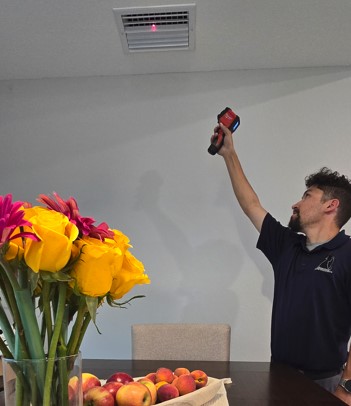
WHAT tools do Home Inspectors use?
At Sherlock Home Inspections, we also conduct several procedures and use several tools that many inspectors do not.
Inspect the Roof from the Rooftop Climb Ladders
Enter Attics and Crawl Spaces Move Obstructions
Operate Electrical GFI’s & Breakers Manipulate Plumbing Shut Off Valves
Open the Main Electrical Panel Open the Air Handler
Outlet /GFI Testers Electrical / Voltage Meters
Laser Thermometers Moisture Meters
Infrared Cameras
CLICK HERE for more info on the Why Sherlock & What’s Included?
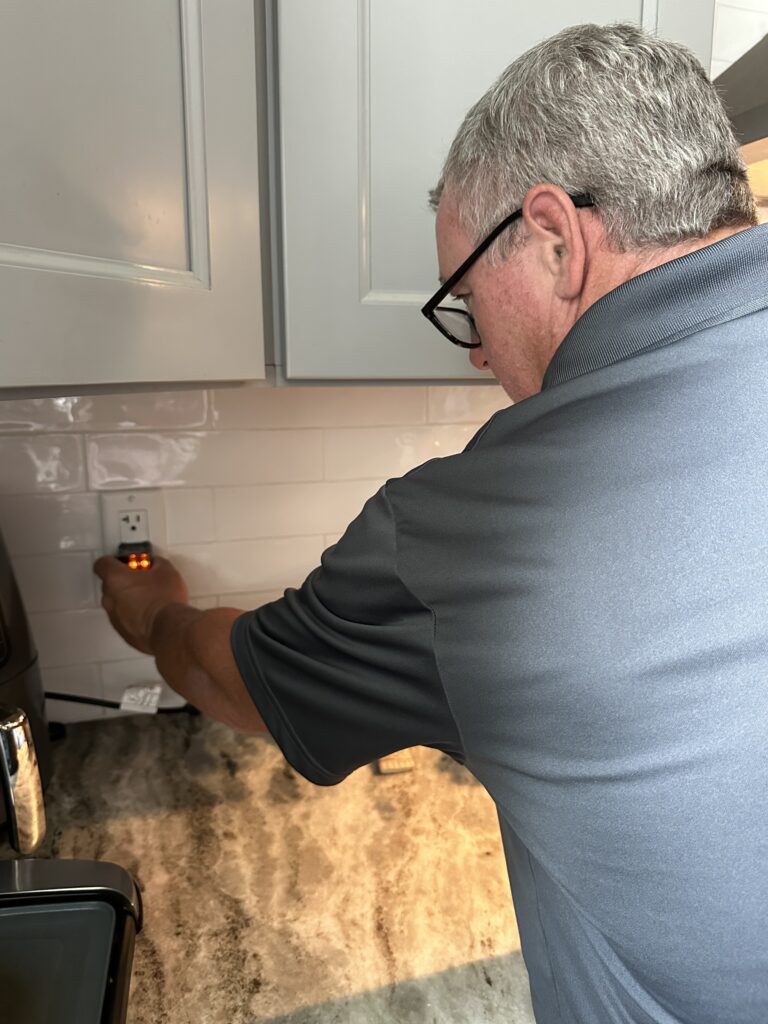
WHERE do Home Inspectors look?
Everywhere that is readily accessible. Make sure that the home is “ready for inspection.” Obviously. Home Inspectors shouldn’t be breaking into locked doors, but they also shouldn’t be expected to move a whole garage full of junk to get to the electric panel, water heater, attic access, etc.
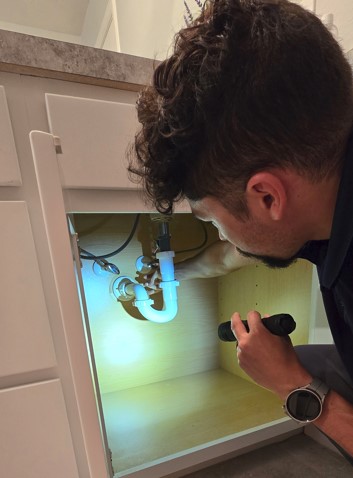
WHEN is the best time to schedule a Home Inspection?
Home Owners:
Pre-Warranty Expiration Inspection = 10-11 months after construction.
Property Preservation & Safety Inspection = about every 5 years or so.
Buyers:
Standard 101 Point Home Inspection = Usually right after your offer has been accepted. Be sure it is within your inspection period. (sometimes before you make an offer)
Sellers:
Move-In Ready Certified Inspection = Before you list the property for sale or once you decide it’s time to stand out from the crowd.
New Construction:
Pre-Concrete Foundation = Foundation is framed out & ready for concrete.
Foundation & Structure = Slab is poured & exterior walls are up.
Pre-Drywall = Interior framing is completed, electrical & plumbing roughed in, & A/C ducts hung.
Final Construction = Before, during, or after walk-through as per Construction Manager.
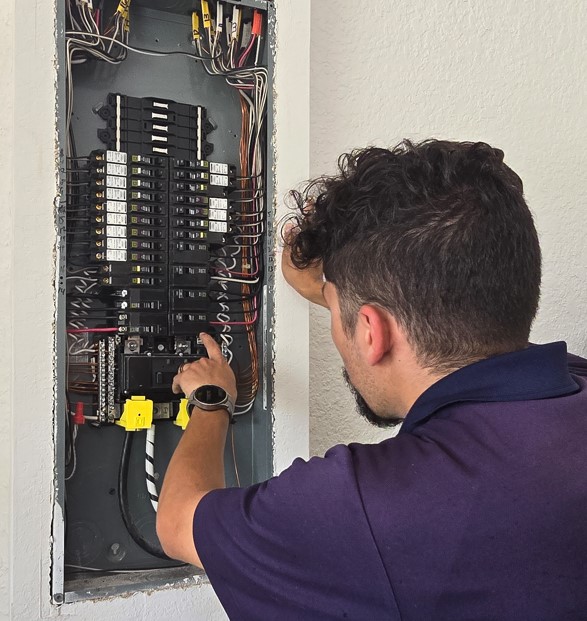
WHY is a Home Inspection important?
Property Preservation & Safety Inspection = Catch problems early, prioritize maintenance & repairs.
Move-In Ready Certified Inspection = Prioritize maintenance & repairs, get repair quotes so that buyers don’t over estimate, eliminate last minute negotiations.
Standard 101 Point Home Inspection = Know what you are getting into, negotiate repairs &/or concessions with the seller, back-out if need be.
Construction & Pre-Warranty Expiration Inspections = Get corrections / repairs from the builder.
CLICK HERE for more info on the Importance of a Home Inspection
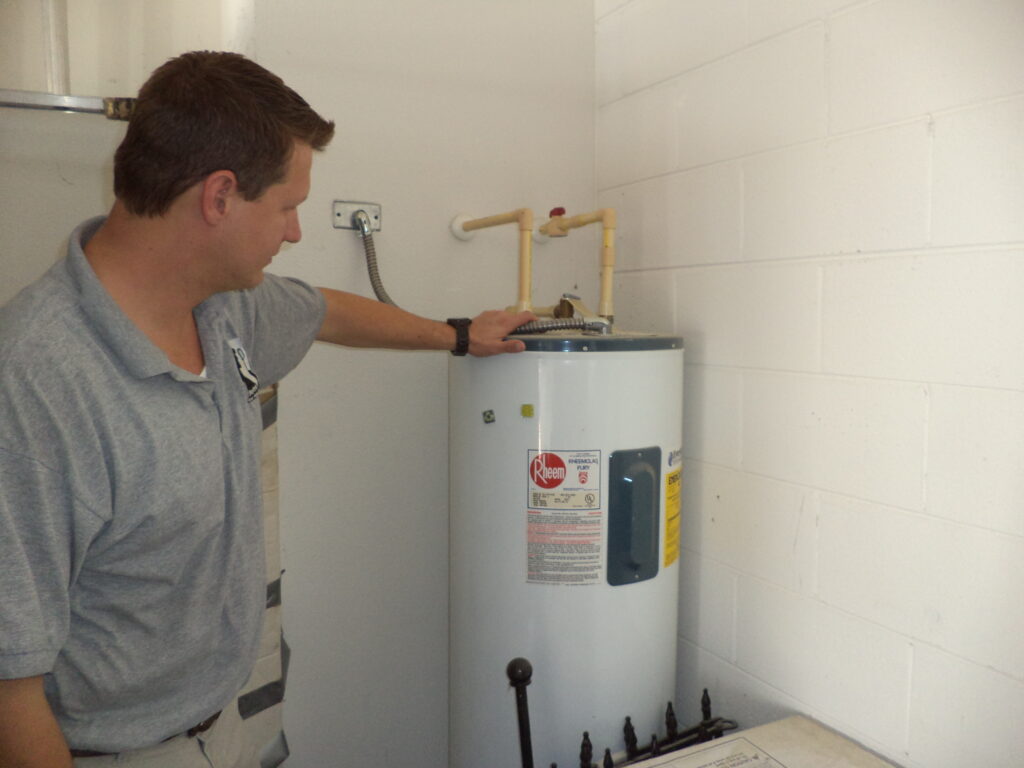
WHICH Home Inspection Certification is best?
There are all types of Organizations, Clubs, Affiliations, and Home Inspector Societies. Many of them don’t offer much more than the opportunity to say you’re a member once you pay them.
The International Association of Certified Home Inspectors (InterNACHI) is different.
Check this out > is your home inspector blind?
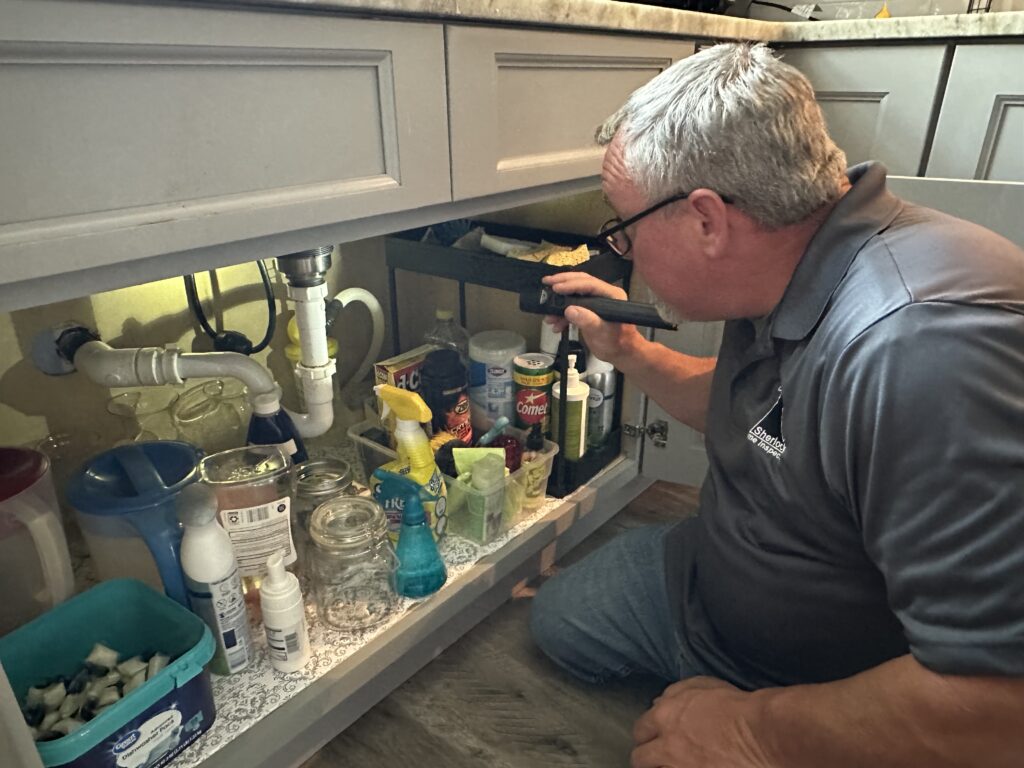
ARE Home Inspection Reports Confidential?
Yes, we usually send report to the Clients & their Realtor (if applicable). However, the client determines who gets copies of the report. * We do reserve the right to provide the property owner with information & even a copy of the report at our discretion, especially if we uncover issues that could cause personal injury &/or property damage.
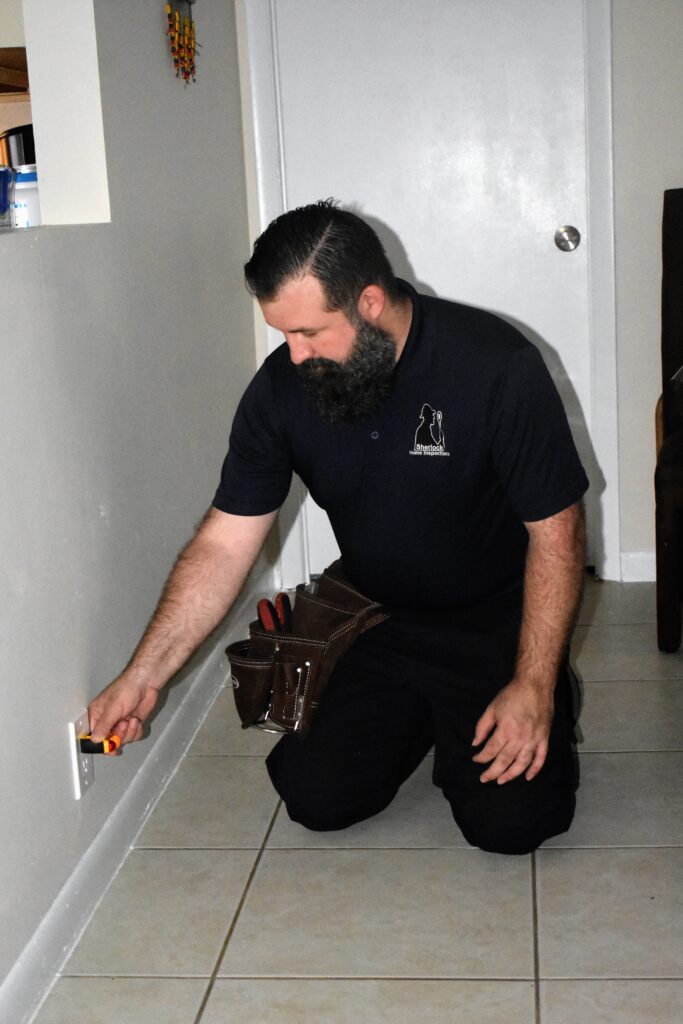
CAN I pay Home Inspection Fee with a credit card?
YES, but you can save a few dollars with other options. – Payment is due at the time of inspection. We accept cash, check, & Zelle … or, if you pay via credit card, there is a 3.5% Processing Fee.
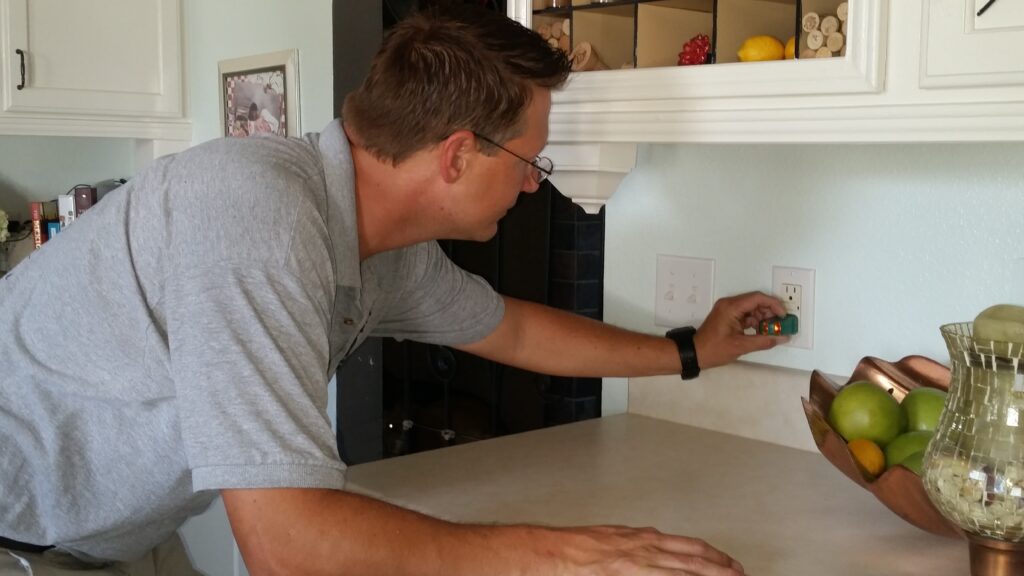
HOW do I order a Home Inspection?
Check access & availability (get a few options), then simply call, text, or email.
Here’s what we’ll need to know:
The address + size, age, pool, private well or public water, waterfront
The Client’s name, phone, email address
The Realtor’s name, phone, email address
When you would like to schedule
How is the inspector getting in?
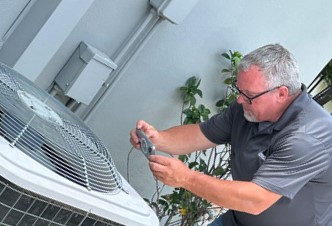
WILL a Home Inspector find Mold?
Most won’t – we will. Our Standard Home Inspection includes examination of common surfaces and materials where mold, mildew and fungi usually grow.
Additionally, if you order an Air Quality Inspection, samples will be taken (inside & out) for the purposes of locating un-seen mold, mildew, and fungi, and observed over 72 hours to determine the approximate concentration thereof with relation to normal ecology. We will provide an estimated spore count & if it is high, recommendations for remediation.
